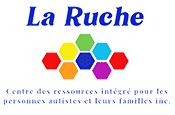At the Hive, we provide opportunities for individuals to reach their highest potential and for Individuals and their families to experience an overall sense of well-being. Together with the parent we co-create a plan that meets the child’s specific needs.
ABA therapy programs have long been established as effective approaches to increase appropriate behaviors and decrease problem behaviors for individuals with autism spectrum disorder (ASD). Through systematic and personalized application of behavioral interventions, individuals acquire communication, social, and daily living skills that help promote positive development over a lifetime.
- Imitation skills
- Making requests, pointing
- Joint attention
- General communication
- Spontaneous language
- Receptive/expressive language
- Self-help skills: toileting, handwashing, teeth brushing…
- Visual performance skills: matching, sorting
- Pre-academics/Academics
- Motor skills
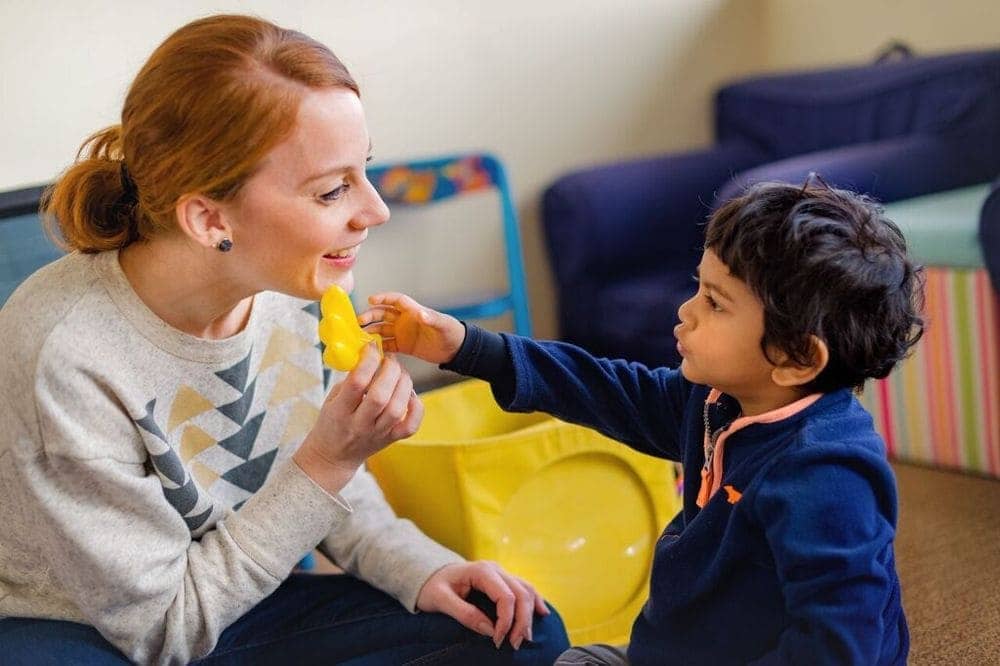
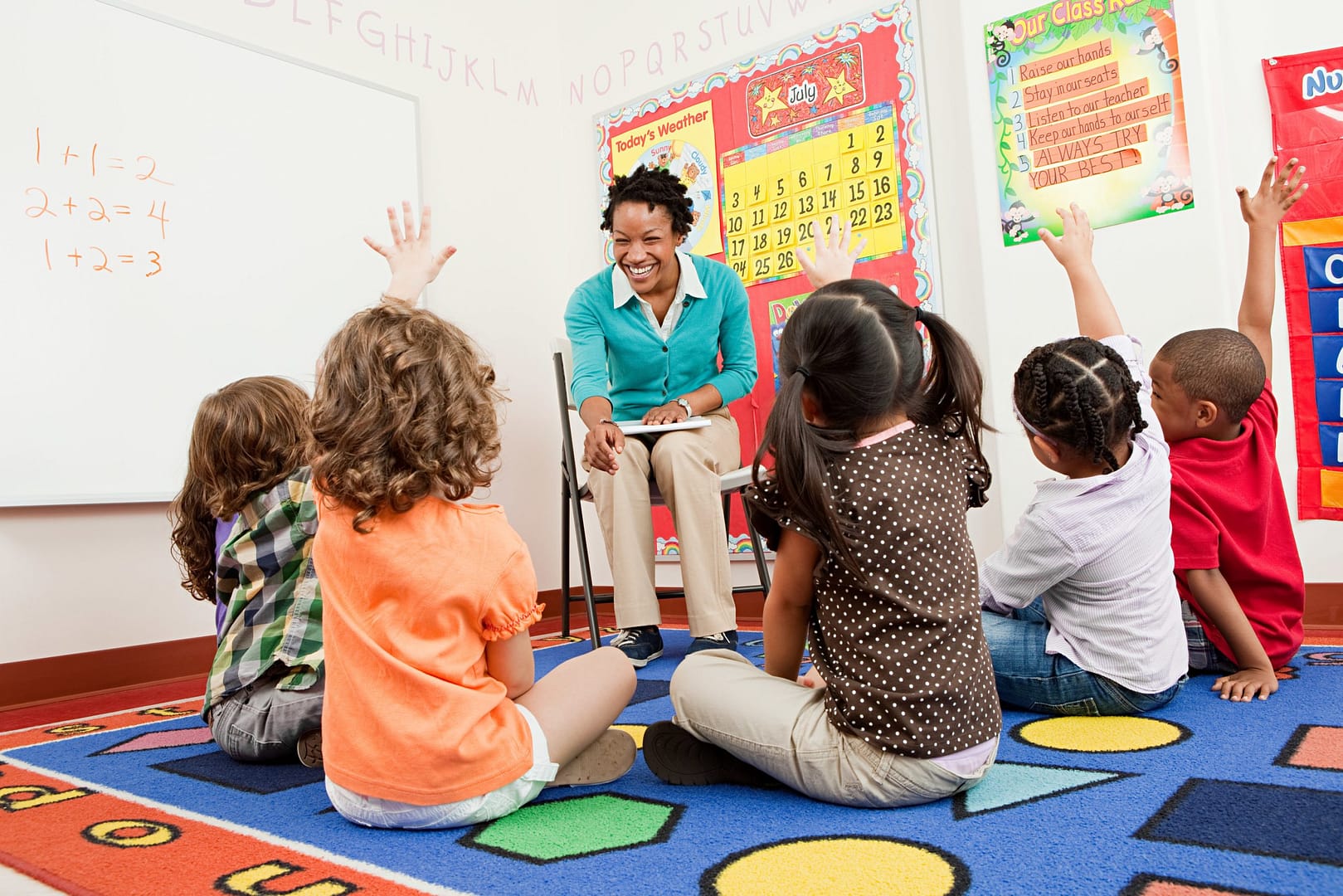
Daycare Integration Specialist
Our Integration Specialists use positive reinforcement practices to help Individuals integrate in the classroom environment. The child is encouraged to participate in each class activity. As the child shows independent success, guidance is faded so that the child follows along in the group without the help of an adult. Activities may be adjusted to the child’s current level of independence.
- Arts and crafts: coloring, cutting, gluing
- Playing with toys: approaching and engaging
- Social skills: playing with a friend, using play phrases
- Following along during transitions from one activity to the next
- General language: Reciprocating in conversation, making requests/comments
- Attending during story time and circle time
- Independent eating and self-help skills
- Gross motor movement actions within a group
Speech Therapy
Speech therapy, also known as Speech-Language Pathology (SLP), is a treatment that can help improve communication skills. At La Ruche, we offer a multidisciplinary team working with Individuals who present a wide range of speech issues.
- Speech delays and disorders including: articulation, phonology and motor speech disorders.
- Language delays and disorders
- Expression and comprehension in oral and non-verbal contexts
- Cognitive-communicative disorders including social communication skills, reasoning, problem solving and executive functions.
- Pre-literacy and literacy skills including phonological awareness, decoding, reading comprehension and writing.
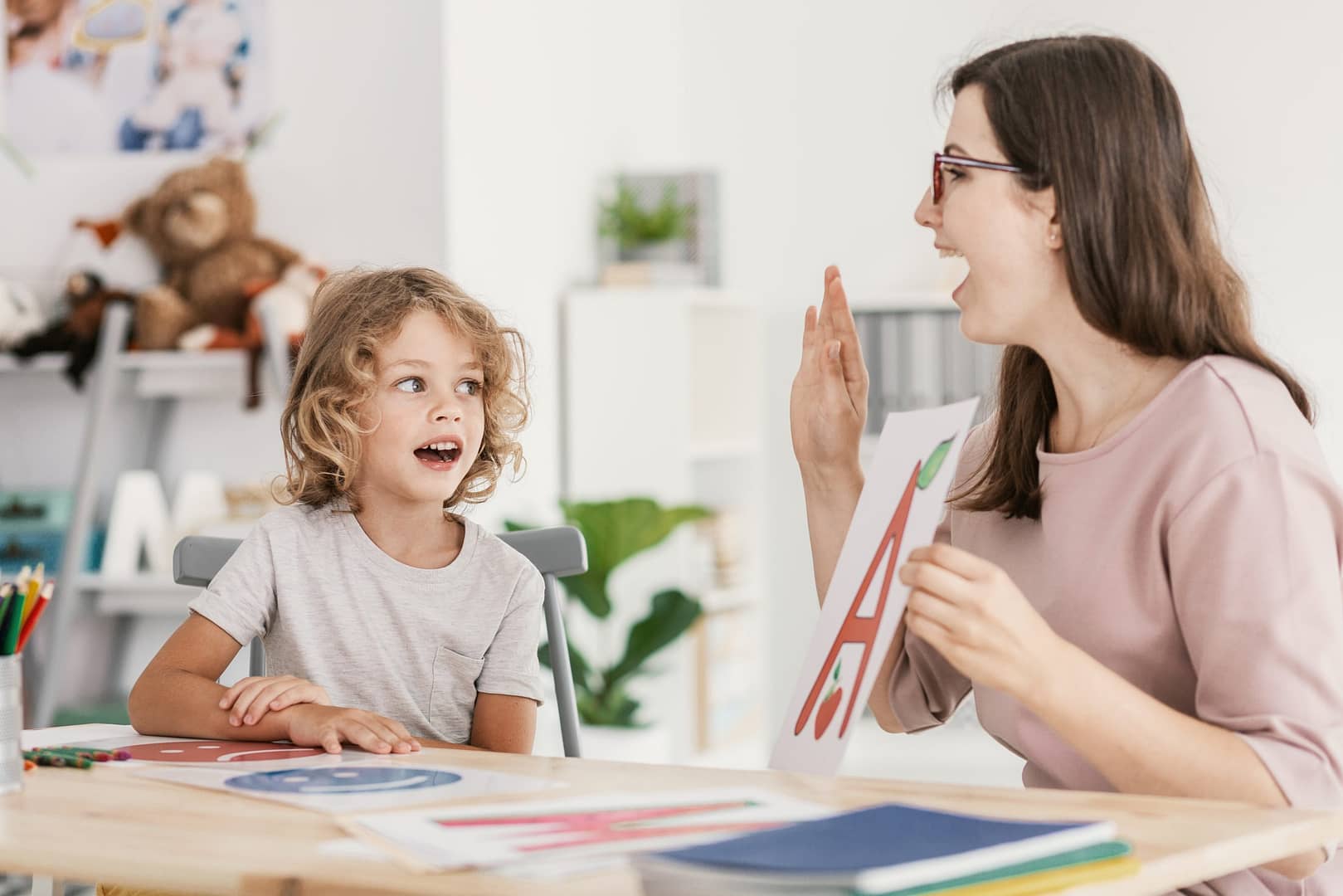

Occupational Therapy
Occupational therapy (OT) helps Individuals with autism to improve their ability to communicate, play, and take care of themselves as much as possible. Individuals with autism often display strong emotional reactions to unexpected changes. OT is usually integrated into the treatment plan to help manage sensory input better and build skills needed to complete everyday activities. OT aims to promote, maintain and improve the skills needed by individuals with autism to go about their daily activities.
- Sensory Processing
- Fine motor ability
- Low motor tone
- Self-care & activities of daily living
- Sensory processing
- Motor planning/coordination
- Play and social skills
- School preparation (writing, attention…)
Physiotherapy
Physiotherapy (PT) helps Individuals with autism improve overall motor functioning. PT can help improve gross and fine motor skills, coordination, balance, strength, and communication, as well as helps reduce anxiety and stress.
- Throwing, catching, kicking or dribbling a ball
- Jumping, hopping or skipping
- Playing games or sports and keeping up with their peers
- Learning new physical skills
- Sitting in a chair properly
- Posture
- Clumsiness or frequent falls
- Low muscle tone/weak muscle control
- Motor planning difficulties
- Core strength
- Tight muscles and joints
- Delayed balance reactions


Music Therapy
Music therapy takes place 1:1 or in small group sessions on a weekly basis. Our music therapy program includes tailoring the treatment plan to meet the individual’s needs by fostering interaction through live music using a wide range of instruments and songs.
- communication skills
- social development
- self-expression
- emotional support
- cognitive development
- empowerment
- creativity
Parent Training
Parent training is a process that shares strategies which can be implemented in the home environment with the goal of reducing undesired behaviors and increasing adaptive behaviors. Research consistently shows that when parents are involved in the treatment process, outcomes are more positive.
- Academic skills
- Communication skills
- Self-help skills (toileting, handwashing, etc.)
- Independent Play
- Reducing undesired behaviors
- Social skills
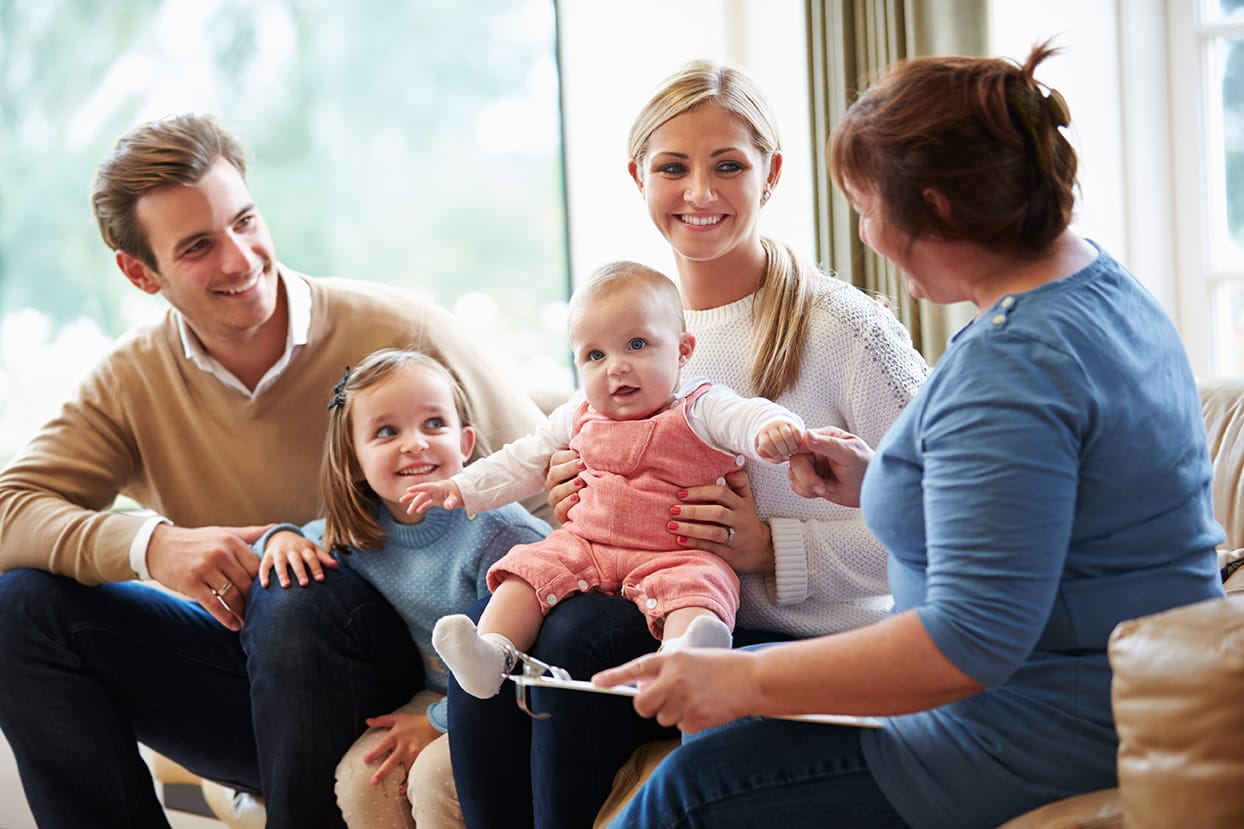
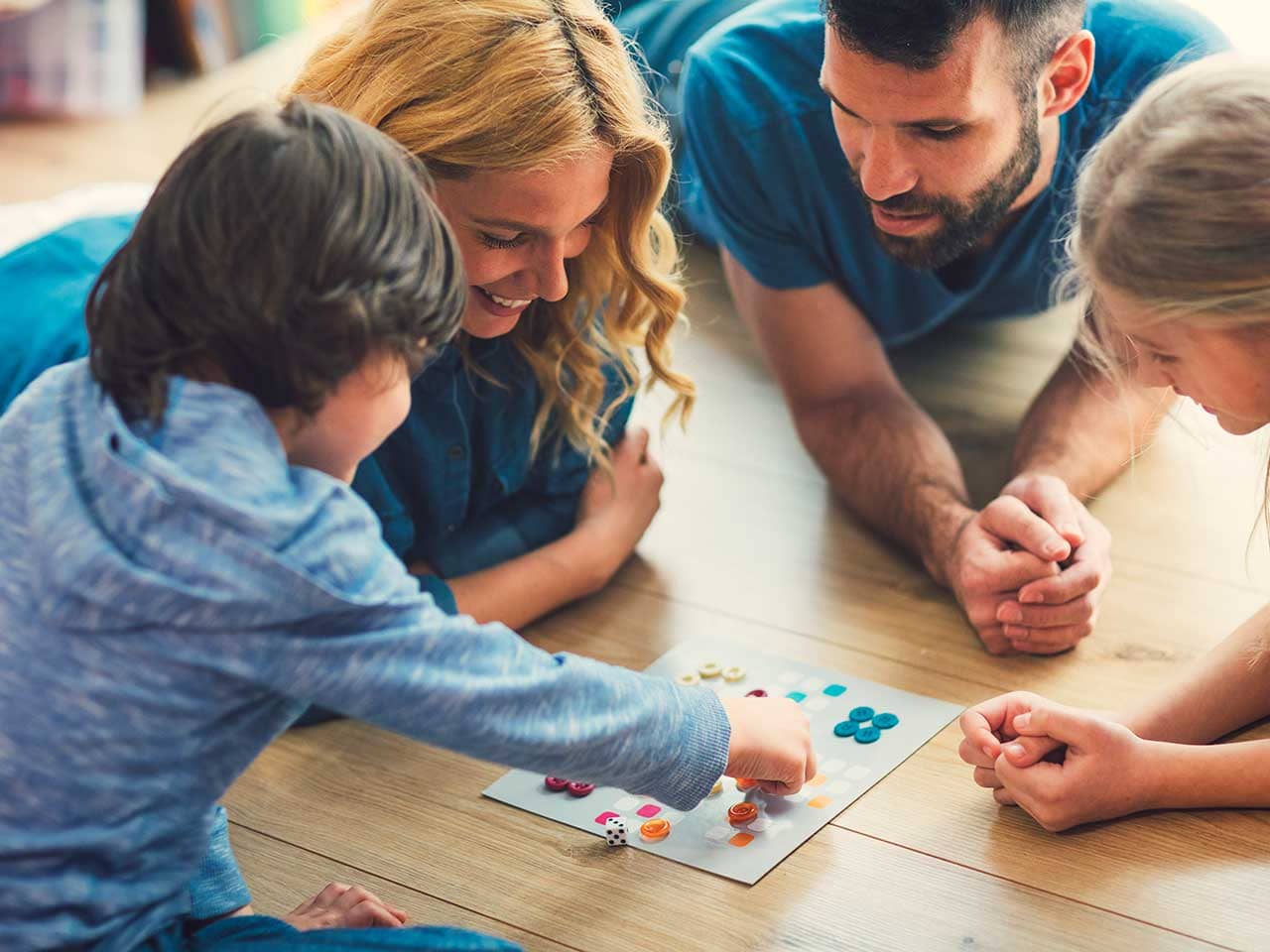
Sibshops
Research shows that some main concerns reported by children who have siblings with autism spectrum disorder (ASD) include worries about the present and future (if they are lonely, where the sibling will live later), failing to approach parents about their own issues to avoid bothering them, and the need for meeting other Individuals who also have siblings with ASD to share experiences (Moyson and Roeyers, 2011).
To provide an outlet and promote the well-being of siblings and the family unit, we offer Sibshops!
Sibshops are dedicated to providing support for siblings in a safe and fun environment.
- Having fun is #1
- Playing games
- Talking about the great (and challenging) parts of having a sibling with autism, with other sibs who understand
- Sharing information about services siblings receive
- Seeing how other siblings handle situations
- Having more fun!
Individual, Couples & Family Counseling
Caring for a loved one in any capacity can be demanding and at times can feel overwhelming. Counseling allows for the individual to come to terms and cope with feelings surrounding a diagnosis and the changes it brings to the family dynamic.


